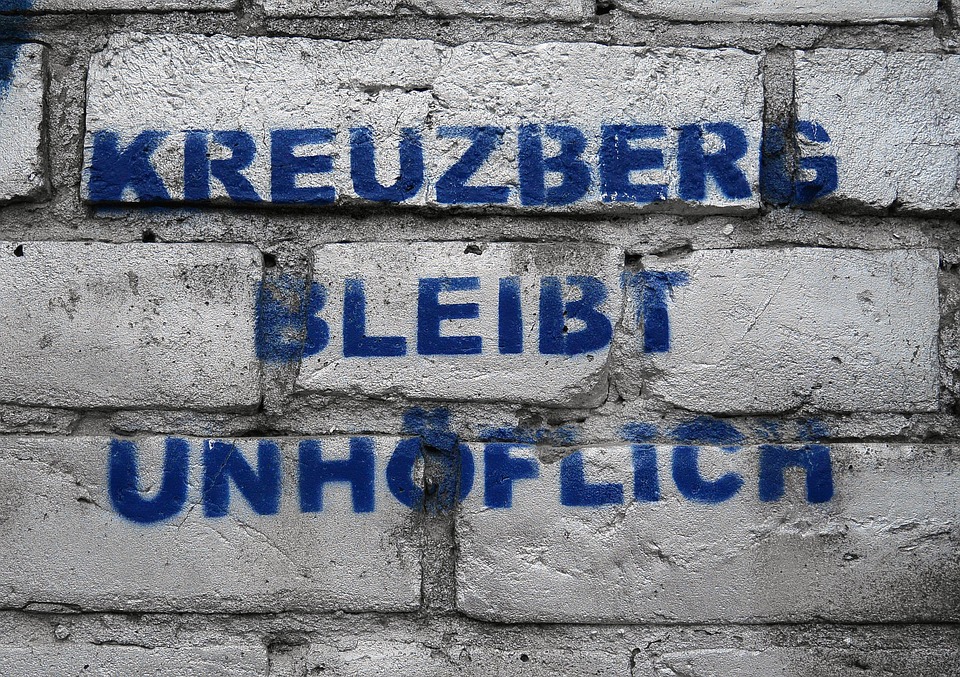*Editor’s note: On March 4, 2022, Russia enacted a law that criminalizes public opposition to, or independent news reporting about, the war in Ukraine. The law makes it a crime to call the war a “war” rather than a “special military operation” on social media or in a news article or broadcast. The law is understood to penalize any language that “discredits” Russia’s use of its military in Ukraine, calls for sanctions or protests Russia’s invasion of Ukraine. It punishes anyone found to spread “false information” about the invasion with up to 15 years in prison.
Andrey Kortunov, academic director of the Russian International Affairs Council, on how U.S. foreign policy regarding Russia will change after the 2024 election.
“All the world’s a stage,” the hero of one Shakespearean comedy proclaimed. Taking this metaphor, the presidential election in America is always a drama with many acts, as it often turns into a tragicomic melodrama and even farce. The heroes and secondary players perform on the political stage, unexpected plot twists are embellished with different special effects, and there is a vivid extravaganza of a finale on the first Tuesday in November every four years.
Those who watch the play unfold can only observe the actors perform, keep up with the rapid development of the plot twists and guess how the show will end. However, unlike the ending of a Shakespearean comedy, a lot depends on the U.S. election results well beyond the theater. As such, even if the first act of the show doesn’t promise any breathtaking demonstration of stage skills, one way or another, the entire world pays attention to the American political stage.
There are two distinct categories of those watching this theater. You can call the first group “political romantics.” This audience demands “from actors not a gaudy blend of props and reading, but in earnest a tragedy, with tragic end.” The romantics always talk about the “historic choice,” the critical inflection point in American progress, about the “fateful” nature of the current election cycle both for America and the rest of the humanity.
Another category consists of the skeptics. Their perspective is that the performance unfolding on stage with all its vividness and pomposity doesn’t really change the lives of Americans much after all, not to mention the lives of others who inhabitant of our planet. Mark Twain, who was definitely in the skeptics’ camp, is credited with, perhaps, making the most enduring and symbolic remark about this group when he said, “If voting made any difference, they wouldn’t let us do it.”
Naturally, these two groups exist in Russia as well. Russian romantics always hope that a change in the White House will create new possibilities for relations between our countries. Today these romantics believe there could be no one worse for Russia than the current president of the U.S. They remind us that, starting with Richard Nixon, Moscow has always had an easier time dealing with pragmatic Republicans than exalted Democrats. They also have fond memories of Donald Trump, and generously cite his latest hopeful remarks about Russia.
Skeptics, in turn, note that American foreign policy has always had a two-party nature, and there’s a steadily negative consensus on Russia in the American political establishment. Skeptics also frequently recall Trump, but only as a graphic illustration of how even a U.S. president who is generally sympathetic to Moscow inevitably ends up powerless in the face of the almighty American “deep state.”
There is probably some truth in what both the romantics and skeptics believe. But if skeptics are right in general, romantics may be right in particular. Indeed, there’s a broad and consistent anti-Russian consensus in the U.S. today, even broader and more consistent than the same antipathy toward China. The White House and Congress, the Pentagon and the State Department, the leading media and influential analytical organizations all adhere to positions on Moscow that, if not unified are very close, and these positions are unlikely to change even in the medium term.
Nonetheless, any new team in Washington is obligated to show it is somewhat different from the prior administration and prove its undisputed superiority over its predecessors. That means there will be new nuance in foreign policy. For example, the Republicans won’t reject military support to Kyiv, but they will have to consider that foreign state assistance programs were never popular among voters, especially conservatives.
So we can reasonably expect that the Republicans will go for a rapid tightening of control over how American military and other assistance to Ukraine is used. We can also assume that they will insist on a “more just” distribution of military support to Ukraine between the U.S. and its European allies.
In addition to that, we should view U.S. policy on Russia in the more general context of American foreign policy. For example, the Democrats are traditionally much more concerned than their Republican opponents about promoting liberal values everywhere in the world. This fixation earns Joe Biden points in a mainly liberal Europe but creates problems with such important “non-liberal” or “not fully liberal” U.S. partners like Turkey, Saudi Arabia, Vietnam or even India.
These countries would enthusiastically welcome a Republican victory, but it would also become a serious challenge for the fragile trans-Atlantic union. All international players, including Russia, need to take these differences into account, although they are not radical.
As always, the opposition Republican elephant today demands change, but the Democratic donkey in power resists. Biden’s victory in next year’s November election would mean maintaining the status quo for four more years, unless the aging president has to leave office before his term is up in January 2029. A victory by any Republican candidate would in one way or another start the process of reevaluating the status quo, which will spawn both new opportunities and new complexities for both America and the rest of the world.
The position of the editorial board may not be consistent with the opinion of the author.
Shop For Night Vision | See more…
Shop For Survival Gear | See more…
-
Sale!

Mesh Shooting Hunting Vest with Multi Pockets
Original price was: $59.99.$39.99Current price is: $39.99. Add to cart -
Sale!

Portable Mini Water Filter Straw Survival Water Purifier
Original price was: $29.99.$14.99Current price is: $14.99. Add to cart -
Sale!

Tactical Camo Nylon Body Armor Hunting Vest With Pouch
Original price was: $49.99.$39.99Current price is: $39.99. Select options This product has multiple variants. The options may be chosen on the product page


















































